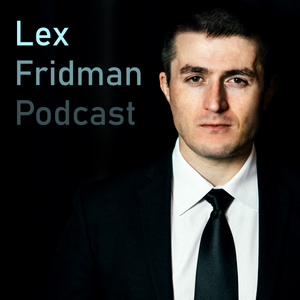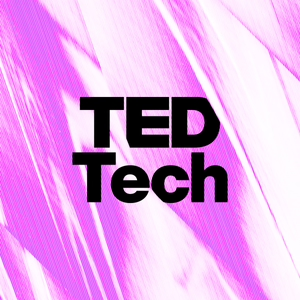
Learn to Code
06/18/24 • 49 min
1 Listener
Do you code or are you interested in learning to code? Join us today and hear from three individuals that are at very different stages of their coding journeys. Becky Hansis-O’Neill (also our co-host this season) shares her experiences as a newbie who wants to learn more. Dr. Malia Gehan, a self-taught developer interested in studying plant phenotypes, explains why and how she and her colleagues learned to code and developed PlantCV. Finally, Dr. John Wilmes discusses his work as a professional mathematician and Machine Learning Research Engineer. Whether you are thinking about learning to code or an expert, we’re sure you will see a bit of yourself in this episode.
Do you code or are you interested in learning to code? Join us today and hear from three individuals that are at very different stages of their coding journeys. Becky Hansis-O’Neill (also our co-host this season) shares her experiences as a newbie who wants to learn more. Dr. Malia Gehan, a self-taught developer interested in studying plant phenotypes, explains why and how she and her colleagues learned to code and developed PlantCV. Finally, Dr. John Wilmes discusses his work as a professional mathematician and Machine Learning Research Engineer. Whether you are thinking about learning to code or an expert, we’re sure you will see a bit of yourself in this episode.
Previous Episode

Animal Computer Interaction
You’ve heard of Human Computer Interaction (HCI), now get ready for Animal Computer Interaction (ACI). Ilyena has made a career developing computer interfaces for non-human animals. She has worked with dogs, parrots, primates, and even giraffes. This is challenging because animals have a wide range of abilities and preferences. Parrots, for example, use their tongues to make selections on touchscreens. Listen in on our conversation and learn about interface development and testing with animals and how technology may improve animal welfare.
Next Episode

iNaturalist
Have you ever participated in citizen science? Do you want to? One of the most popular platforms for crowdsourcing biodiversity data is iNaturalist. In addition to being a great science tool, the iNaturalist app can help you identify the organisms you encounter every day. We talked to Executive Director Scott Laurie about how scientists use iNaturalist. We also got to discuss what makes iNaturalist’s AI species recognition so good, and how citizen scientists are constantly providing high-quality training data. Listen in and learn how this fun-to-use tool works, where it's headed, and how you can get involved.
If you like this episode you’ll love
Episode Comments
Generate a badge
Get a badge for your website that links back to this episode
<a href="https://goodpods.com/podcasts/data-skeptic-38263/learn-to-code-55314771"> <img src="https://storage.googleapis.com/goodpods-images-bucket/badges/generic-badge-1.svg" alt="listen to learn to code on goodpods" style="width: 225px" /> </a>
Copy




